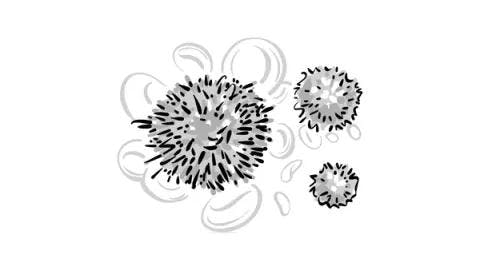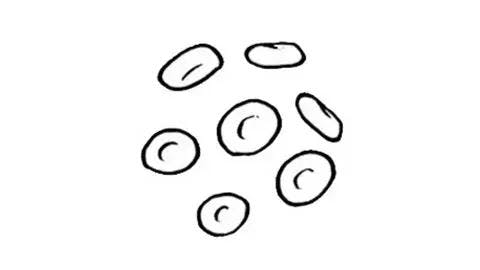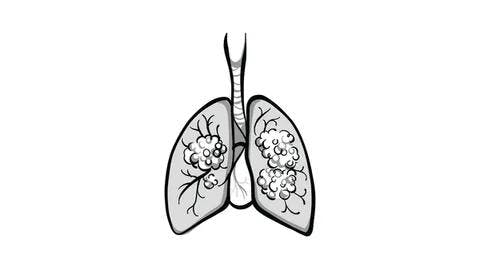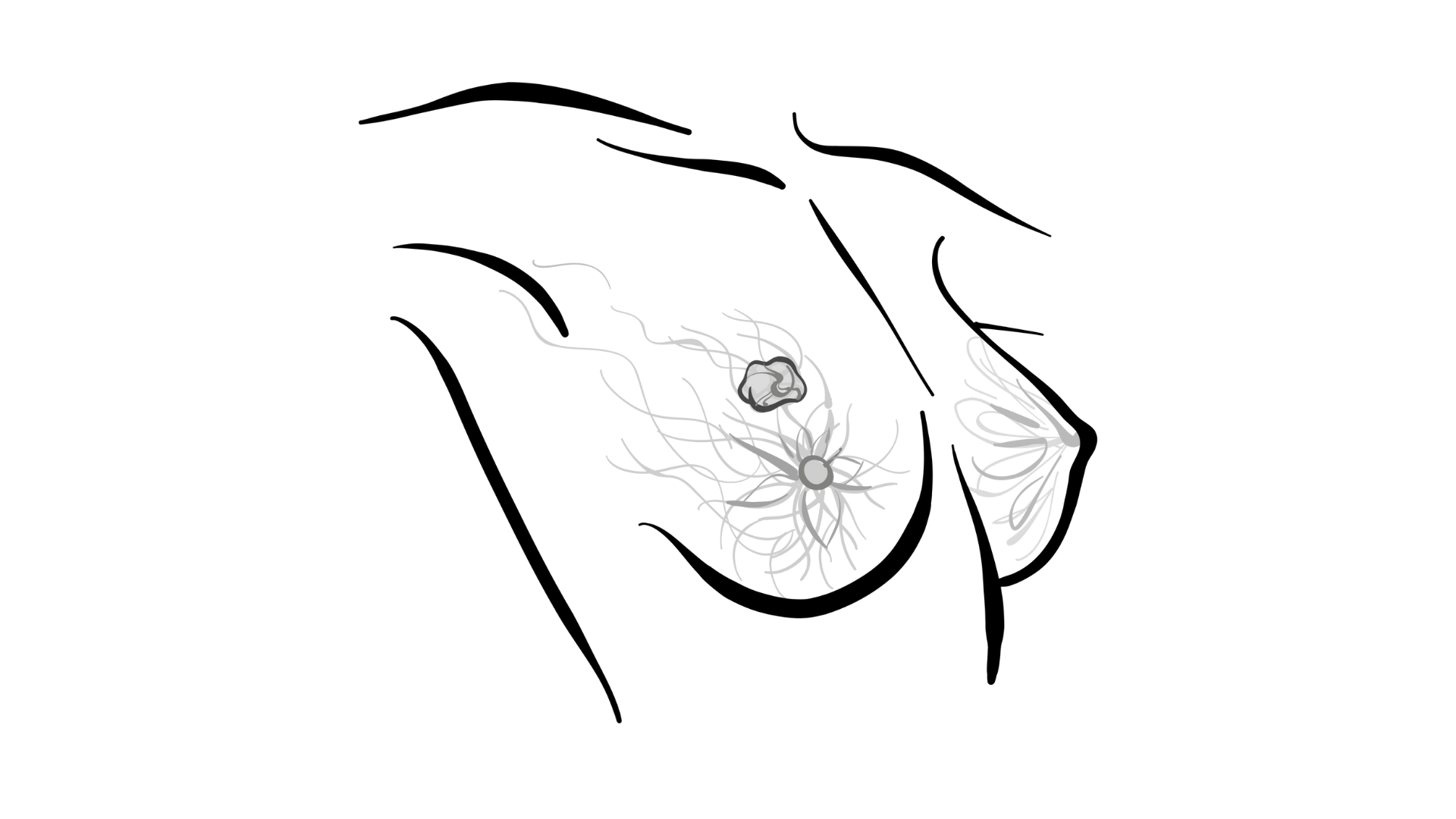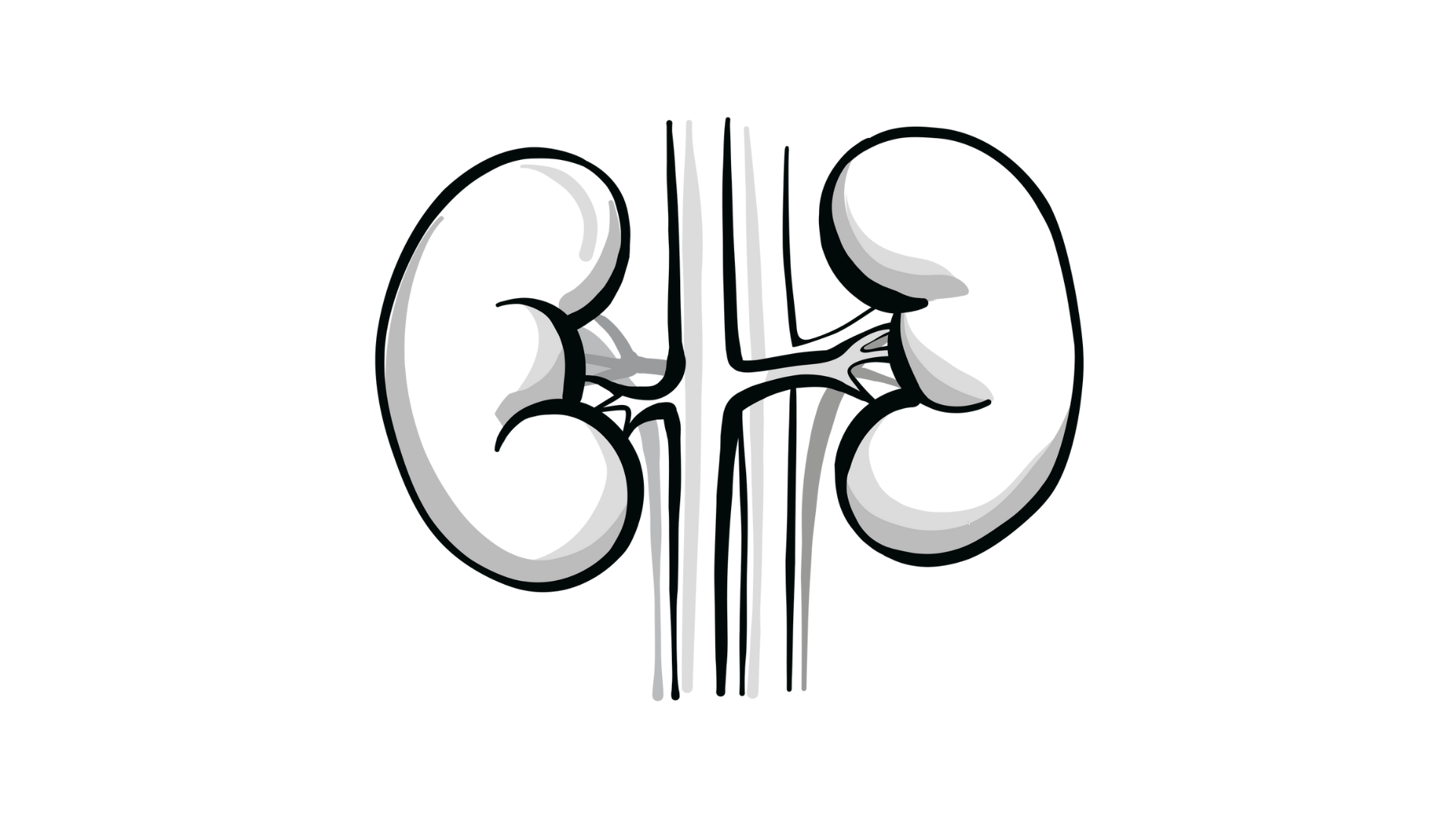Bardia Analyzes Treatment for Certain Patients With Advanced Breast Cancer
In a live virtual event, Aditya Bardia, MD, MPH, discussed the treatment landscape for patients with advanced invasive breast cancer.
In a live virtual event, Aditya Bardia, MD, MPH, discussed the treatment landscape for patients with advanced invasive breast cancer. Looking at patients with hormone receptor–positive HER2-low or -negative metastatic breast cancer, Bardia walked through the important treatments that are changing clinicians’ considerations for these patients. Further, he discussed the latest data behind the use of TROP-2–targeting antibody-drug conjugates and how the future of these regimens can benefit patients.

Treating Metastatic Breast Cancer
The field has evolved, [especially for patients with hormone receptor–positive, HER2-low metastatic breast cancer]. Initially, a number of us were using palbociclib [Ibrance] in these patients, but now with the latest overall survival [OS] data, there has been a [national] switch to the use of abemaciclib [Verzenio] and ribociclib [Kisqali].1 In the future…there might be another option, which would be a triplet therapy based on the phase 3 INAVO120 [NCT04191499] data, where fulvestrant [Faslodex] was combined with inavolisib [GDC-0077], a PI3K inhibitor for patients with PIK3CA-mutant metastatic breast cancer; this showed improvement in progression-free survival [PFS]. However, there were more toxicities [as they were adding drugs],2 so it’s not approved yet but is something that could enter this space as well. [The triplet regimen] was pitched as a first-line therapy but is actually [meant for the] second line, so it’s [used more for] a patient who has disease progression and is given an adjuvant aromatase inhibitor and where we would use fulvestrant. In that setting, they looked at fulvestrant plus palbociclib vs fulvestrant, palbociclib, and a PI3K inhibitor. In a way, it’s the setting where alpelisib [Piqray] is used...and in that setting, the triplet was evaluated, so it’s more like second-line therapy rather than first-line therapy.
[In the National Comprehensive Cancer Network guidelines], you have an option of ribociclib, abemaciclib, or palbociclib [in this setting].3 Ribociclib has a category 1 recommendation, along with abemaciclib in combination with fulvestrant. After that, in the second-line setting, there are other options as well, but once the patient completes endocrine therapy, you could consider chemotherapy and antibody-drug conjugates [ADCs]. Fam-trastuzumab deruxtecan-nxki [Enhertu] is for patients with hormone receptor–positive, HER2-negative metastatic breast cancer with an immunohistochemistry score of 1+ without amplification by fluorescence in situ hybridization, [whereas] sacituzumab govitecan-hziy [Trodelvy] is for patients [who are not candidates for trastuzumab deruxtecan], and then you can always use chemotherapy [if they progress]. For a patient with germline BRCA mutation, olaparib [Lynparza] and talazoparib [Talzenna] are options as well.3

TROP-2–Targeting ADCs
Datopotamab deruxtecan [Dato-DXd] is a TROP-2directed ADC; essentially, it’s like a combination of sacituzumab govitecan and trastuzumab deruxtecan, in that it has a Trop-2 antibody and deruxtecan as the payload.4 It’s optimized so it can deliver more chemotherapy, or deruxtecan, to the tumor cells as compared with normal cells—the idea being that it’ll have a better safety profile. Further, Dato-DXd is given every 3 weeks as opposed to days 1 and 8 with sacituzumab govitecan. This was evaluated in the TROPION-Breast01 study [NCT05104866], Dato-DXd vs chemotherapy for patients with estrogen receptor–positive, HER2-negative metastatic breast cancer, who had received at least 1 prior chemotherapy treatment.4
Efficacy With Dato-DXd
In terms of the results, [this study] showed an improvement in PFS with Dato-DXd, with an HR of .63 [95% CI, 0.520.76; P < .0001] and a trend toward improvement in OS, alongside higher response rates [with Dato-DXd (Table4)]. Interestingly, in this trial, the incidence of grade 3 or higher adverse events [AEs] was lower with Dato-DXd compared with chemotherapy, which is different from other studies [in this setting], that showed the intervention arm had lower AEs.4 [For example], if you look at neutropenia, the incidence of grade 3 or higher neutropenia with Dato-DXd was 1% [vs] 31% on standard chemotherapy. Similarly, other chemotherapy AEs were lower with Dato-DXd compared with standard chemotherapy, so although it targets TROP-2 and has deruxtecan, the toxicity profile is different from trastuzumab deruxtecan and sacituzumab govitecan. The AEs that are seen with Dato-DXd include dry eye and mucositis—something we generally don’t see much with sacituzumab govitecan or trastuzumab deruxtecan. It’s very interesting; you have this ADC that targets Trop-2 with deruxtecan, but the toxicity profile is different from other ADCs.4
Comparing Safety Outcomes
Some pneumonitis was seen [with this drug in this study] at 3%, lower than trastuzumab deruxtecan5 but something that would need to be monitored in this setting. Overall, Dato-DXd has a better safety profile compared with chemotherapy, maybe because of the way the ADC is constructed.4 It does cause mucositis, which some feel is an on-target AE, because TROP-2 expression is high in the mucous membrane and esophagus. Maybe it’s the type of antibody that’s used, datopotamab, that causes more internalization of the ADC, which can cause mucositis and, similarly, dry eye. In this trial, primary prophylaxis with eye drops was not done, but I know the team is looking at that. Similarly with mucositis, primary prophylaxis with mouthwash was not done, but these are toxicities that still need to be managed.
The Future of ADCs in Invasive Breast Cancer
In terms of other studies [looking at ADCs in this and other settings], these drugs are being evaluated alone [and in combination]. The ASCENT-03 [NCT05382299] and ASCENT-04 [NCT05382286] trials are looking at sacituzumab govitecan in the first-line setting with or without immunotherapy for patients with metastatic triple-negative breast cancer.6 There’s also ASCENT-05 [NCT05633654], which is looking at patients who have residual disease after neoadjuvant therapy in that setting, looking at sacituzumab govitecan vs capecitabine or pembrolizumab [Keytruda].
Similarly, with Dato-DXd, the TROPION-Breast03 study [NCT05629585] in this setting [is looking at] patients who have residual disease after neoadjuvant therapy with Dato-DXd plus durvalumab [Imfinzi] vs chemotherapy or physicians’ choice or pembrolizumab.7 These are important studies because it’s a major unmet need. We are also looking at these ADCs in combination with other agents like PARP inhibitors,6 so it’s likely we’ll see more use of ADCs in different settings, [as well as] newer ADCs. It’ll be important to understand the toxicity profile and how to sequence these different ADCs.
REFERENCES:
1. Nabieva N, Fasching PA. CDK4/6 inhibitors-overcoming endocrine resistance is the standard in patients with hormone receptor-positive breast cancer. Cancers (Basel). 2023;15(6):1763. doi:10.3390/cancers15061763
2. Juric D, Kalinsky K, Im SA, et al. INAVO121: phase III study of inavolisib (INAVO) + fulvestrant (FUL) vs. alpelisib (ALP) + FUL in patients (pts) with hormone receptor-positive, HER2-negative (HR+, HER2–) PIK3CA-mutated (mut) locally advanced or metastatic breast cancer (LA/mBC). J Clin Oncol. 2023;41(suppl 16):TPS1123. doi:10.1200/JCO.2023.41.16_suppl.TPS1123
3. NCCN. Clinical Practice Guidelines in Oncology. Breast cancer, version 2.2024. Accessed June 13, 2024. https://tinyurl.com/mthnuyww
4. Bardia A, Jhaveri K, Kalinsky K, et al. TROPION-Breast01: datopotamab deruxtecan vs chemotherapy in pre-treated inoperable or metastatic HR+/HER2- breast cancer. Future Oncol. 2024;20(8):423-436. doi:10.2217/fon-2023-0188
5. Modi S, Jacot W, Yamashita T, et al. Trastuzumab deruxtecan in previously treated HER2-low advanced breast cancer. N Engl J Med. 2022;387(1):9-20. doi:10.1056/NEJMoa2203690
6. Mark C, Lee JS, Cui X, Yuan Y. Antibody-drug conjugates in breast cancer: current status and future directions. Int J Mol Sci. 2023;24(18):13726. doi:10.3390/ijms241813726
7. Bardia A, Pusztai L, Albain K, et al. TROPION-Breast03: a randomized phase III global trial of datopotamab deruxtecan ± durvalumab in patients with triplenegative breast cancer and residual invasive disease at surgical resection after neoadjuvant therapy. Ther Adv Med Oncol. 2024;16:17588359241248336. doi:10.1177/17588359241248336




